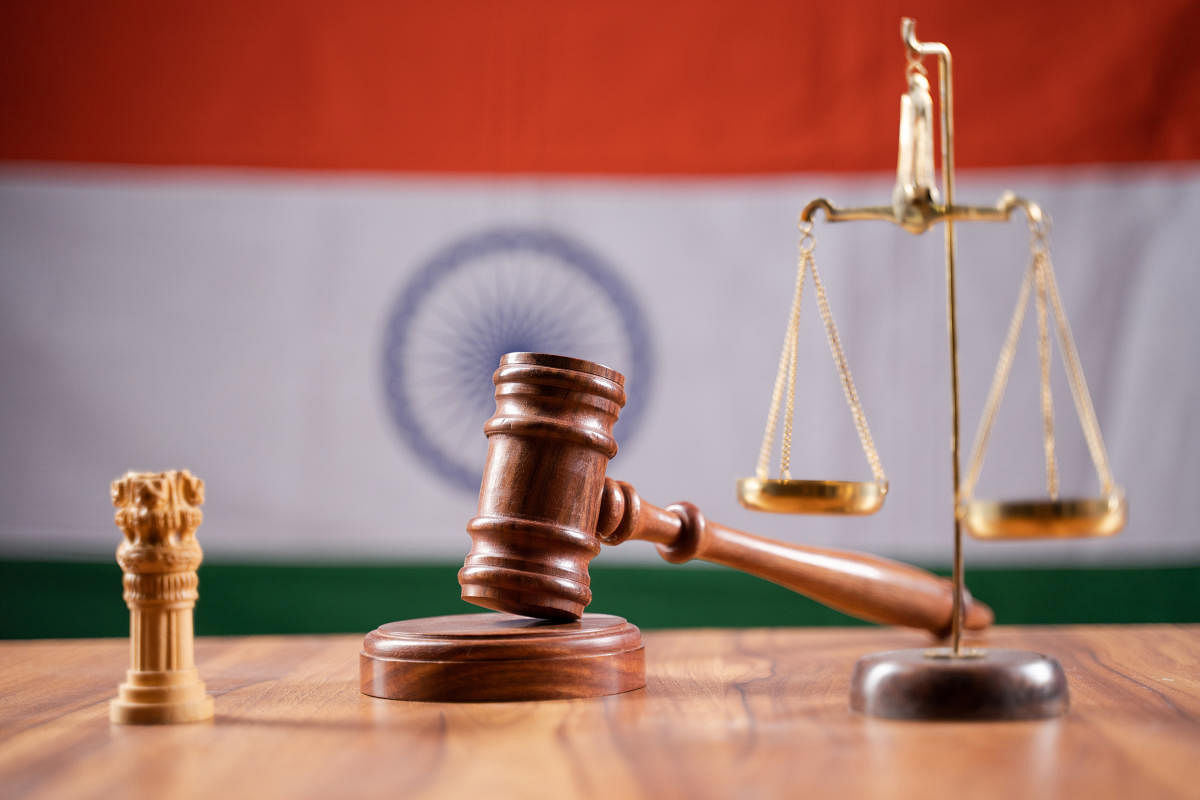
A society steeped in patriarchy and misogyny judges women on terms that it has devised and in ways that are convenient to it. The judgement is always self-serving and designed to keep women on a lower pedestal and to facilitate men’s control over them. The judiciary is responsible to see that the laws that promise equality to women are implemented fairly. It is expected to be free of patriarchal prejudices and notions about women. But often, judges are seen to be typical representatives of the patriarchal society and share its prejudices. This colours their orders and judgements in cases in which women approach the courts for justice. The result is miscarriage of justice, and women victims who go to court for relief sometimes end up suffering for that.
The rulings by a sessions court in Kozhikode in Kerala and the observations made by the judge, S Krishnakumar, in two cases of sexual harassment against an activist and writer, Civic Chandran, filed by two women, are examples of unacceptable judicial thinking in such cases. The judge granted bail in both cases on wrong and unjustifiable grounds that have been rejected as untenable in past judgements. In one order, he said that provisions of the SC/ST (Prevention of Atrocities) Act, 1989, would not prima facie apply because it is “highly unbelievable that he (the accused) will touch the body of the victim fully knowing that she is a member of Scheduled Caste.” He also noted that the victim had worn “sexually provocative” dress in her Facebook photos. In one case, he thought that the alleged sexual assault may not have taken place because the accused, who was 74 years of age, would not have been able to kiss the complainant “who was taller and had a well-built body”. He faulted one woman for delay in filing the complaint and remarked that it was “unfortunate” that a “lady having an age of 30” filed a complaint against Chandran, who has a “good reputation”.
None of the reasons given by the judge and his comments has a standing in law. Higher courts, including the Supreme Court, have repeatedly made it clear that the social standing of the accused, the dress of the victim, and any delay in filing the complaint are not factors to be considered in sexual assault cases. The judge’s words show that those judicial views and the progressive social thinking on gender relations had no impact on him. Such judgements make the path to justice all the more difficult for women.